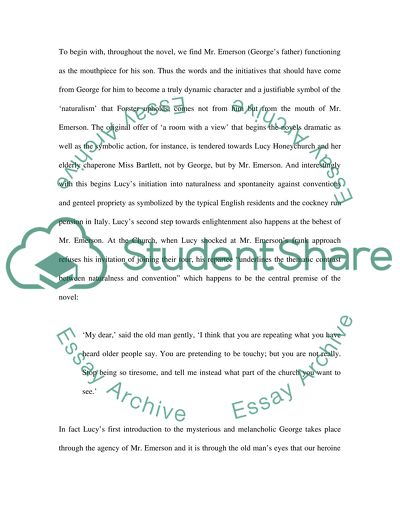Cite this document
(“George Emerson as a Symbol or a Human Being Book Report/Review”, n.d.)
Retrieved from https://studentshare.org/literature/1532379-george-emerson-as-a-symbol-or-a-human-being
Retrieved from https://studentshare.org/literature/1532379-george-emerson-as-a-symbol-or-a-human-being
(George Emerson As a Symbol or a Human Being Book Report/Review)
https://studentshare.org/literature/1532379-george-emerson-as-a-symbol-or-a-human-being.
https://studentshare.org/literature/1532379-george-emerson-as-a-symbol-or-a-human-being.
“George Emerson As a Symbol or a Human Being Book Report/Review”, n.d. https://studentshare.org/literature/1532379-george-emerson-as-a-symbol-or-a-human-being.


